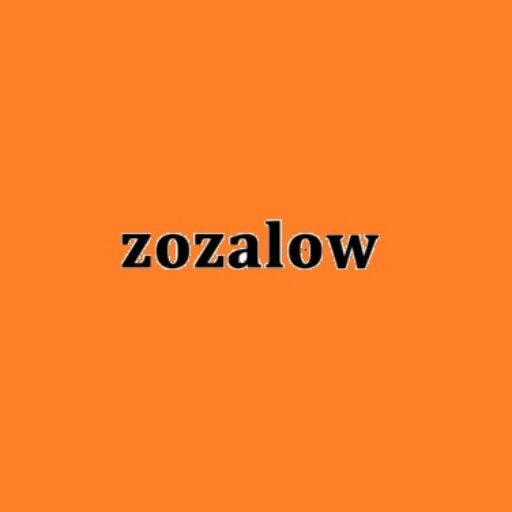As a business owner, obtaining funding is a crucial step for growth and success in any industry. However, interest rates can make or break a business loan. When considering different loan options, it’s essential to understand the factors that influence business loan interest rates.
What are Business Loan Interest Rates?
Business loan interest rates are the fees that a lender charges to borrow money. This rate is typically expressed as an annual percentage. For example, if you borrow Rs.10,000 with an interest rate of 10%, you would pay back Rs.11,000 over the life of the loan.
Primary factors that influence Business Loan Interest Rates
Creditworthiness
Creditworthiness is one of the primary factors that influence business loan interest rates. As a borrower, your credit score and credit history help the lender determine the risk of borrowing to you. Lenders look at credit scores from the three leading credit bureaus and take an average score. The higher your credit score, the lower your interest rate and vice versa. Besides credit score, lenders also consider how many accounts of credit you have to determine your creditworthiness.
Loan Amount
The loan amount also influences business loan interest rates. Generally, the more money you borrow, the lower the interest rate you receive. However, other factors like the term of the loan, collateral, and creditworthiness all play a role in determining the interest rate.
Type of Business & Industry
The type of business and industry you operate in can also influence the interest rate you receive. For example, a business in the food industry may receive a higher interest rate than a medical supply business due to potential profit margin variations and risk factors. Lenders consider various industries as more manageable or riskier, depending on the current market trends.
Financial Statements and Collateral
Your financial statements and collateral are essential when it comes to securing a business loan. Lenders look at your balance sheet, income statement, and cash flow statement to determine your financial situation. Collateral refers to property or assets that you pledge to the lender as a backup for the loan. Additional collateral may lower the degree of default and subsequently reduce interest rates.
Term of loan
Short-term loans typically come with higher interest rates than long-term loans. Short-term loans are generally provided in emergencies, while long-term loans are for expansion and other business needs over months or years. However, the longer the loan’s term, the more interest a borrower is required to pay.
Calculating Business Loan Interest Rates
When looking to borrow money for your business, it’s crucial to use a business loan calculator or term loan calculator to calculate the interest rates. A loan calculator relies on various factors to determine the total expenses of a loan, including the principal loan amount, the loan term, and the interest rate. Business loan calculators help business owners determine how much they will pay in total interest or how long it’ll take to pay back a loan.
Conclusion
In conclusion, understanding the factors that influence your business loan interest rates is pivotal when looking for a loan. If you’re looking for funding, some factors such as your credit score, loan amount, type of business, collateral, and term of the loan, will affect your final interest rate.
You can use business loan calculators and term loan calculators online to estimate your interests over time. The more familiar you become with your business’s financial position and the loaning process, the more likely you are to secure the best interest rate and fund your business’s growth.
